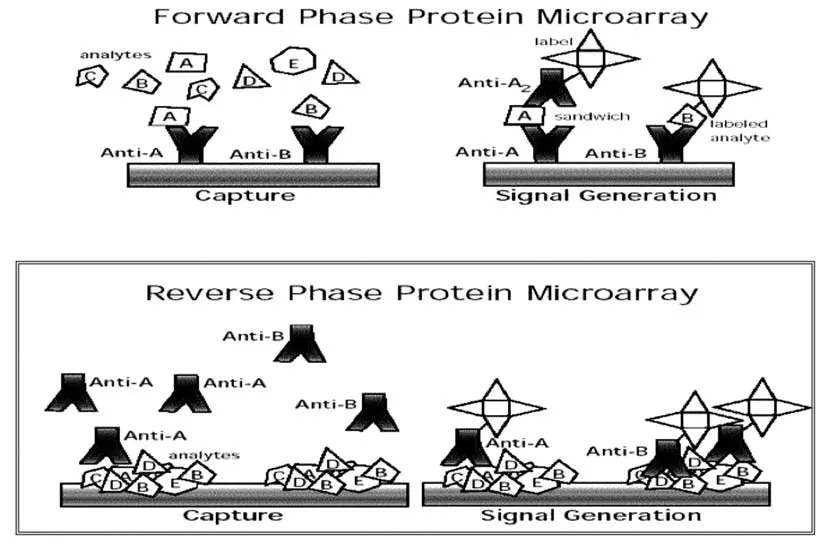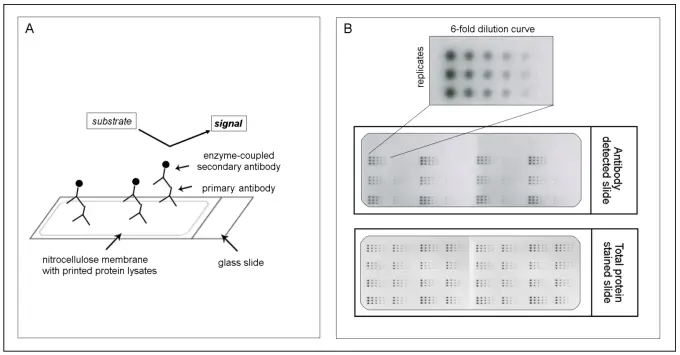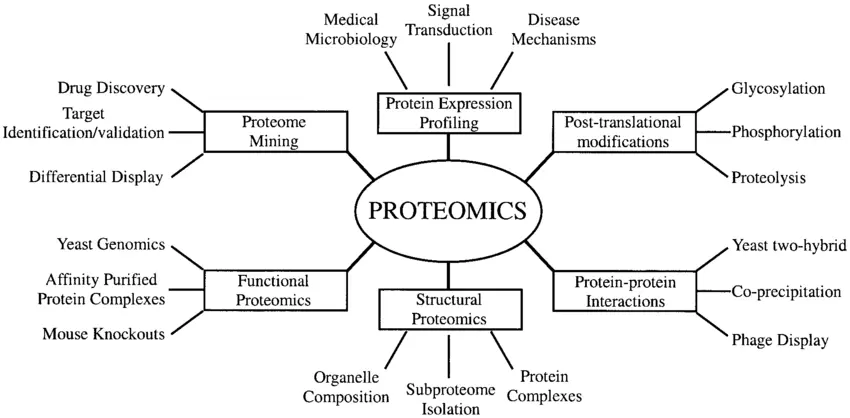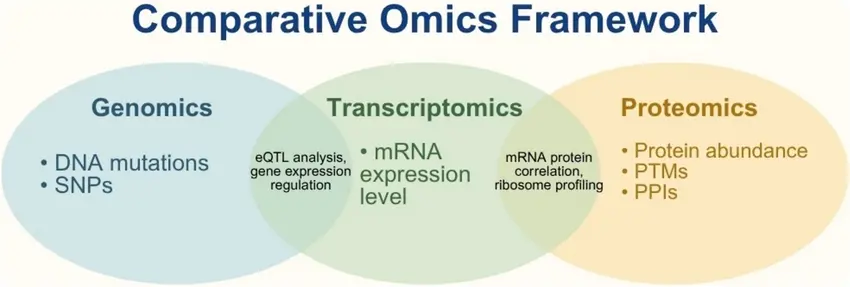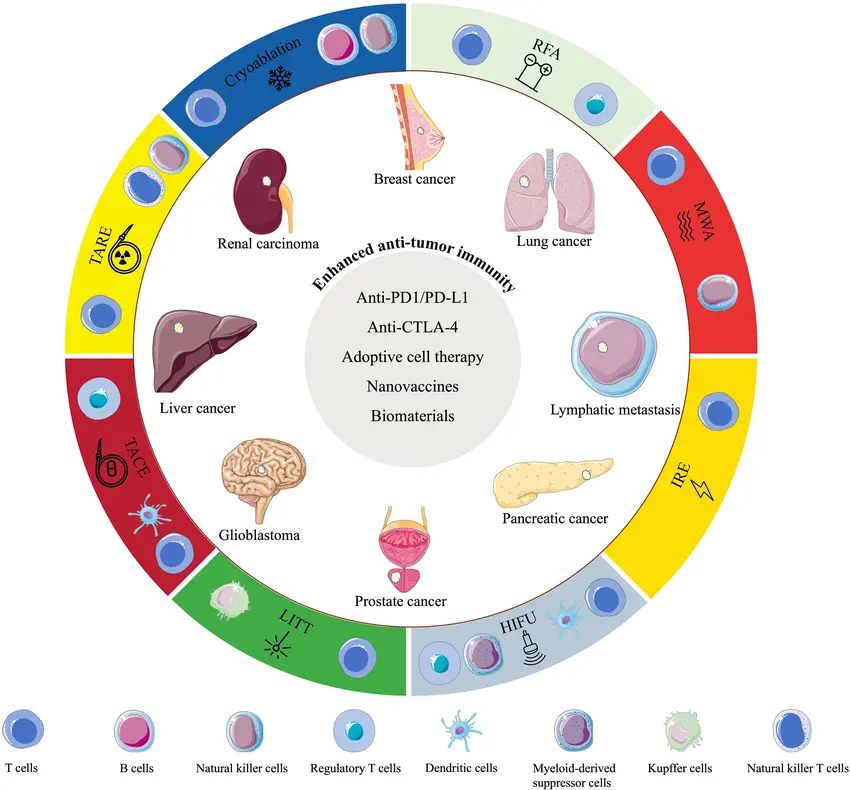Welcom to
Theranostics Health
Theranostics represents a new reality of molecular medicine whereby therapy is prescribed in a truly personalized and targeted manner: the merger of therapeutics and diagnostics.
Biomarkers that are both the therapeutic targets and the diagnostic will drive this new paradigm. Since almost all therapeutic targets are proteins, not genes, we believe that protein biomarkers represent the future of the theranostic arena.
The not so distant future of pharmaceutical development and clinical implementation will require patient stratification and the emergence of COMPANION DIAGNOSTICS (RX/DX).
About Theranostics Health
Theranostics Health is a life science company, containing significant intellectual property which will improve the quality of medical decision making for several diseases. The Company will initially be devoted to the development and commercialization of proprietary, proteomic-based services and novel discoveries that are intended to result in more effective, individualized treatment for patients with diseases research.

About the Company
Theranostics represents a new reality of molecular medicine whereby therapy is prescribed in a truly personalized and targeted manner: the merger of therapeutics and diagnostics.
Biomarkers that are both the therapeutic targets AND the diagnostic will drive this new paradigm. Since almost all therapeutic targets are PROTEINS, not genes, we believe that protein biomarkers represent the future of the theranostic arena.
The not so distant future of pharmaceutical development and clinical implementation will require patient stratification and the emergence of COMPANION DIAGNOSTICS (RX/DX): matching/requiring of diagnostic tests with many new compounds receiving regulatory approval. The Company's collaborations with leading pharmaceutical companies will provide innovation and leadership in this emerging new area.
For the pharmaceutical company, our assays are intended to provide critical information as to drug activity, selectivity and specificity. The Company’s proprietary technology and assays provide the pharmaceutical scientist, the clinical trial clinician, and the treating physician with the state of the drug target PATHWAYS for each patient from a tiny biopsy sample or cell lines in culture. The assays can provide the missing piece of information for personalized medicine, and can provide the pharmaceutical companies with the correct set of biomarkers that can be used to identify which patients most likely will respond to a specific drug, thus decreasing the time and cost of clinical trials. Unlike existing genomic diagnostic platforms, our assay using our proprietary diagnostic tools, is expected to precisely identify and define the molecular circuitry of a tumor, and unlike genomic platforms which require complex mathematical algorithms to report their inferential data, the assay is expected to directly identify which drug targets are active and which are not.
About Our Technology
Our Company represents a new reality of molecular medicine whereby therapy is prescribed in a truly personalized and targeted manor: it is the merger of therapeutics and diagnostics. We believe that in the not so distant future, pharmaceutical development and clinical implication will require patient stratification and the emergence of companion diagnostics. In other words, an Rx/Dx relationship will be critical. Our technology can provide a functional read-out of cellular signaling pathways, the drug targets themselves, from just a few thousand cells taken from a needle biopsy. We also profile the cellular circuitry of the signaling pathways from cell culture cells treated with molecular inhibitors.

Reverse Phase Protein Microarray
The technological cornerstone for Theranostic Health is the Reverse Phase Protein Microarray (RPMA) technology, invented by company founders and George Mason University researchers, Dr Lance Liotta and Dr. Emanuel Petricoin. These scientists have published nearly 50 peer reviewed publications on this technology and its applications. These scientists have used this technology to uncover key signaling defects in a variety of human tumors such as breast, ovarian, lung, colorectal, prostate, lymphoma, and rhabdomyosarcoma, to name a few, which provide critical information about response, outcome prognosis, and what pathways are activated in these cancers.
Uniquely, the RPMA format provides the opportunity to screen clinical samples that are available in very limited quantities, such as biopsy specimens. Using this platform, Theranostics Health scientists can measure the activity of as many as 100 drug targets from just 5000 cells. The sensitivity of detection for the RPAs is such that low abundance phosphorylated protein isoforms can be measured from a spotted lysate representing less than 10 cell equivalents. This level of sensitivity combined with analytical robustness is critical if the starting input material is only a few hundred cells from a biopsy specimen. Since the reverse phase array technology requires only one antibody for each analyte, it provides a facile way for broad profiling of pathways where hundreds of phospho-specific analytes can be measured concomitantly.
Key technological components of the RPMA offer unique advantages over other existing multiplexed protein assay methods such as antibody arrays, suspension bead arrays, mass spectrometry based methods, and tissue microarrays
• The RPMA is one of the most sensitive protein detection technologies: as little as a few hundred molecules can be detected
• The RPMA provides quantitative measurements of the protein, not subjective scoring
• The inter and intra assay CV for the technology is less than 10% for clinical material
• RPMA is not hampered by antigen retrieval, a significant limitation for tissue arrays and immunohistochemical techniques.
• RPMAs only require a single class of antibody, and does not rely on sandwich type assays
• The RPMA can analyze proteins from any source: solid tissue, blood cells, serum, bone, spinal fluid, vitreous, etc.
• The RPMA unique sensitivity and requirement for only one antibody, provide for unmatched ability to analyze hundreds of signaling molecules at once, from only a few thousand cells.
Proteomics
What is proteomics?
Proteomics is the study of the expression, structure and function of proteins within cells, including the way they work and interact with each other. While DNA is the information archive, it is the proteins that do the work of the cell.
How are scientists using proteomics?
With the completion of the Human Genome Project, many researchers are now turning their attention to proteomics since it is the proteins that do the work of the cell and are the functional output of the genome. Scientists are very interested in proteomics because it gives a much better understanding of an organism than genomics. Since proteins play a central role in the life of an organism, proteomics is instrumental in discovery of biomarkers that indicate presence of a particular disease. Currently, researchers are studying the role that proteins play in identifying and treating diseases such as diabetes, obesity, heart disease, inflammatory disorders, infectious diseases and neurological disorders.
How is this different from genomics?
Genomics is the study of genes and their function. Genes contain the instructions for the production of proteins, which make up the structure of cells and direct their activities. Proteomics is often considered the next logical step in the study of biological systems, after genomics. While an organism's genome is rather constant, a proteome differs from cell to cell and constantly changes through its biochemical interactions with the genome and the environment. One organism has radically different protein expression in different parts of its body, different stages of its life cycle and different environmental conditions.
As most FDA approved drugs target protein function, not genes it is critical to be able to measure these actual drug targets to specifically tailor a therapy to address a disease.
What is theranostics?
We believe that our protein based assay will have significant advantages over genomic type tests which frequently use complex algorithms to predict probabilities. We believe these advantages include:
• specifically identify the defective pathways in breast and other solid tumor cancer patients, not solely predict a response to chemotherapy;
• specifically identify specific proteases, protein kinases, and hormones;
• specifically suggest a therapy to all patients regardless of chemosensitivity;
• providing a simple and easy to interpret result compared to a complex result generated by some genomic based tests, which can require sophisticated computer algorithms to interpret data.
Oncology
Our Services
We plan to expand our target market to include physicians and hospitals that prescribe therapy to cancer patients.
Healthcare Professionals
Our assay is a breakthrough technology designed to map the unique molecular wiring of a person’s cells. It identifies which biological pathways are altered and active, and highlights the ones that may be most relevant for further investigation.
For individuals and healthcare professionals, this assay supports personalized decision making based on the specific molecular profile of each case. For researchers and developers, it offers valuable insights into biological activity, pathway selectivity, and potential areas of focus. This can streamline study design and reduce time spent on broad, generalized testing approaches.
For organizations involved in healthcare planning, the assay has the potential to lower overall costs by replacing broad trial-and-error methods with more targeted insights. Unlike traditional genomic analysis tools that rely heavily on statistical modeling, our proprietary system delivers direct measurements of active biological circuits providing clear, actionable information in a straightforward format.
We believe our test has several distinct advantages:
- less treatment toxicity due to the accuracy of the technology;
- lower treatment development costs and faster time to market for pharmaceutical companies;
- individualized therapy for higher therapeutic efficacy and lower treatment costs;
- a diagnostic platform that can be adapted to assess other major diseases
- less complex results than genomic assays and different regulatory pathways than genomic or functional genomic platforms.
We will eventually seek to apply the assay as a theranostic tool for diabetes, obesity, heart disease, inflammatory and infectious diseases, and neurological disorders. It is our intention to develop this technology and pursue its clinical introduction in the near future.
Patients and Consumers
There are approximately 1.4 million new patients diagnosed with cancer each year of which 900,000 are estimated to require chemotherapy treatment decisions.
For patients and physicians, the assay is intended to provide the information necessary to tailor and customize chemotherapy to the unique molecular profile of each patient's tumor. For the pharmaceutical company, our assays are intended to provide critical information as to drug activity, selectivity and specificity. The assays are also meant to provide for the accurate identification of those patients most likely to respond to their specific drug, thus decreasing the time and cost of clinical trials. Unlike existing genomic diagnostic platforms, our assay using proprietary diagnostic tools is expected to precisely identify and define the molecular circuitry of a tumor, and unlike genomic platforms which require complex mathematical algorithms to report their inferential data, the assay is expected to directly identify which drug targets are active and which are not.
We believe our test has several distinct advantages:
- less treatment toxicity due to the accuracy of the technology;
- lower healthcare costs (instead of using œtrial and methods and several rounds of expensive chemotherapy, physicians can now utilize the information generated by assays performed by Theranostics Health to tailor optimal personalized patient therapies)
- lower treatment development costs and faster time to market for pharmaceutical companies;
- individualized therapy for higher therapeutic efficacy and lower treatment costs;
- a diagnostic platform that can be adapted to assess other major diseases; and
- less complex results than genomic assays and different regulatory pathways than genomic or functional genomic platforms.
